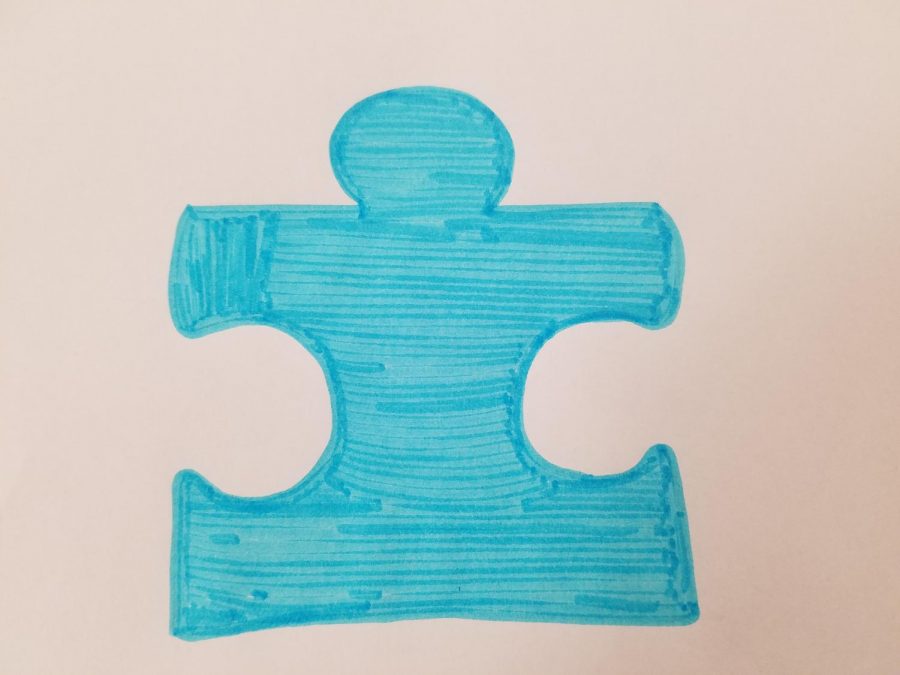Defying Autism Stereotypes
Stereotypes. Restrictive, overtaking, inaccurate, limiting. When a group is labeled with a stereotype, it’s often irreversible. The word stereotype comes from the Greek word, stereo, meaning firm or solid, implying that the belief is set in stone. This firm attitude is often enforced on people with specific disabilities; an example of this is autism.
People with Autism Spectrum Disorder (ASD) are frequently victimized with these stereotypes and cliches. Although many are negative, a few of the common stereotypes of autism are positive, yet potentially hurtful.
One very prevalent cliche is that autistic people are extraordinarily intelligent, even to the level of genius. Although it would would be nice to be a savant, it is highly unlikely that people with ASD are. According to the organization Autism Speaks, between 44% to 52% of autistic individuals have some sort of learning disability. These disabilities can vary from a slight deficit to being almost entirely intellectually unable to gain academic knowledge. Another statistic: about a third of people with learning disabilities are on the autism spectrum. The other half of individuals on the spectrum has average to above average intelligence, and can maintain sufficient grades. I, for example, have an A average, however I am not a genius, and often fail to pass assignments due to anxiety.
Another stereotype of ASD is the visible appearance of the disability. Many believe that people with autism are completely non-communicative, nonverbal, shaking in the corner. Granted, some autistic people do experience these behaviors, however these tendencies are more prominent on the lower end of the spectrum. I honestly cannot remember a time when I told someone about my disability, and didn’t receive the condescending response of “but you don’t look autistic”. Autism is a wide spectrum. High Functioning Autism, also known as Asperger’s, along with other diagnoses under the autism spectrum such as PDD-NOS (Pervasive Developmental Disorder-Not Otherwise Specified), childhood disintegrative disorder, autistic disorder, etc. all entail a wide variety of symptoms, ranging from being entirely non-communicative to having minor social deficits . Because the lower end of the spectrum is more visible to the public, the autism spectrum as a whole is often associated with those symptoms.
Researchers have not identified a single cause for ASD but they do believe ASD is something an individual is born with, and will stay with them for the entirety of their lives. One common misconception is that autism is caused by vaccines, and another claims autism is caused by cold or emotionally distant mothers. Current scientific studies have been unable to find a link between vaccines and autism. The misconception that heartless mothers cause their children to be on the spectrum is outrageous. I, for one, have a mother who is extremely involved with my life, and is not in the least emotionally distant.
To conclude, autism, like any other unique quality a person could possess, is not definitive by any one label. So, next time you think of autism, don’t let your mind automatically jump to the conclusion that all people on the spectrum are completely “in their own world”. Instead, think of the author of this opinion article.
Citation:
https://www.autismspeaks.org/

Maddy is a senior at GHS. This is her fourth year as a writer for the Paw Print. She desires to pursue a career as an author. She thoroughly enjoys travel,...








